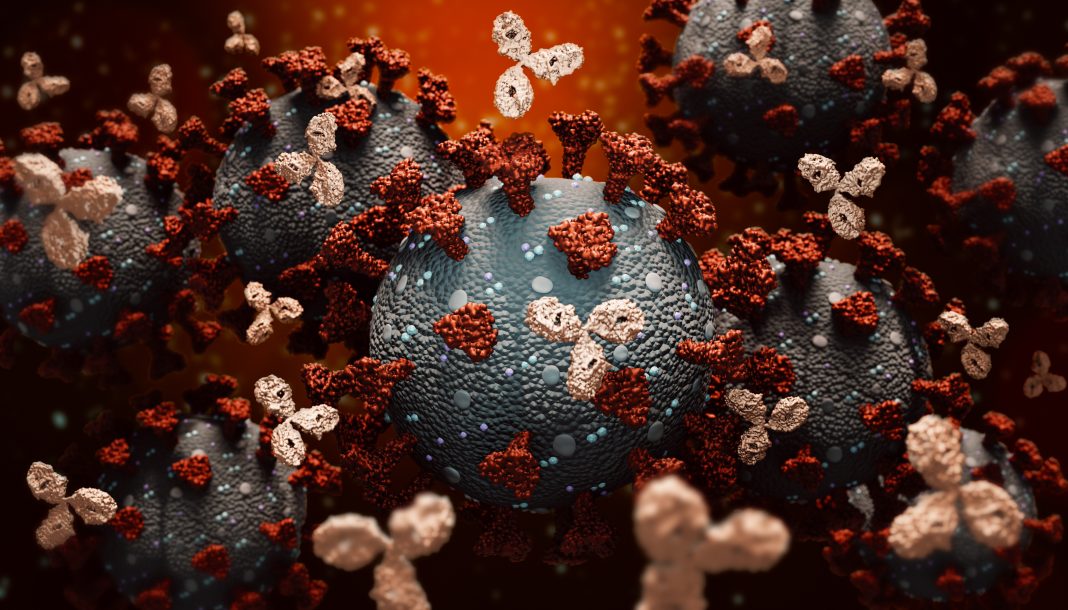The World Health Organization (WHO) Guideline Development Group recommended that patients with COVID-19 not receive the antibody drugs sotrovimab and casirivimab-imdevimab. The Group’s recommendation replaces previous conditional recommendations “Rapid Recommendations: A living WHO guideline on drugs for Covid-19,” published in The British Medical Journal two years ago, for the drugs’ use and is based on emerging evidence from laboratory studies that these drugs are not likely to work against currently circulating variants, such as omicron.
After weighing up all the evidence, the panel judged that almost all well-informed patients would not choose to receive sotrovimab or casirivimab-imdevimab, both of which work by binding to the SARS-CoV-2 spike protein, neutralizing the virus’s ability to infect cells.
In the same guideline update, WHO makes a conditional recommendation for the use of the antiviral drug remdesivir in patients with severe COVID-19, and a conditional recommendation against its use in patients with critical COVID-19. These recommendations are based on results from five randomized trials involving 7,643 patients, showing 13 fewer deaths per 1,000 patients with severe COVID-19 taking remdesivir, but 34 more deaths per 1,000 patients with critical COVID-19 taking the drug.
These new trial data provided sufficiently trustworthy evidence to demonstrate benefits in patients with severe COVID-19, but not critical COVID-19, according to the Group. The panel considered the benefits of remdesivir to be modest and of moderate certainty for key outcomes such as mortality and mechanical ventilation, resulting in a conditional recommendation.
WHO also advises that three drugs used to treat arthritis–the IL-6 receptor blockers tocilizumab or sarilumab and the JAK inhibitor baricitinib—may now be combined, in addition to corticosteroids, in patients with severe or critical COVID-19. This advice is based on new high-certainty trial evidence confirming a survival benefit for baricitinib with little or no serious adverse events when given in combination with corticosteroids and IL-6 receptor blockers.
However, the panel acknowledges some cost and resource implications associated with these drugs, which they say could exacerbate health inequities.
Previously, WHO has made a strong recommendation for use of nirmatrelvir and ritonavir, and a conditional recommendation for molnupiravir for high-risk patients with non-severe COVID-19. WHO advises against the use of ivermectin and hydroxychloroquine in patients with COVID-19 regardless of disease severity.
For other recent GEN news stories on COVID-19, see “Mucosal Antibodies in Airways Reduce Risk of Omicron Infection,” “Interferon at the Center of Covid’s Cytokine Storm,” and “SARS-CoV-2 Enzymes Crystal Structure Paves Way to New Antivirals.”



